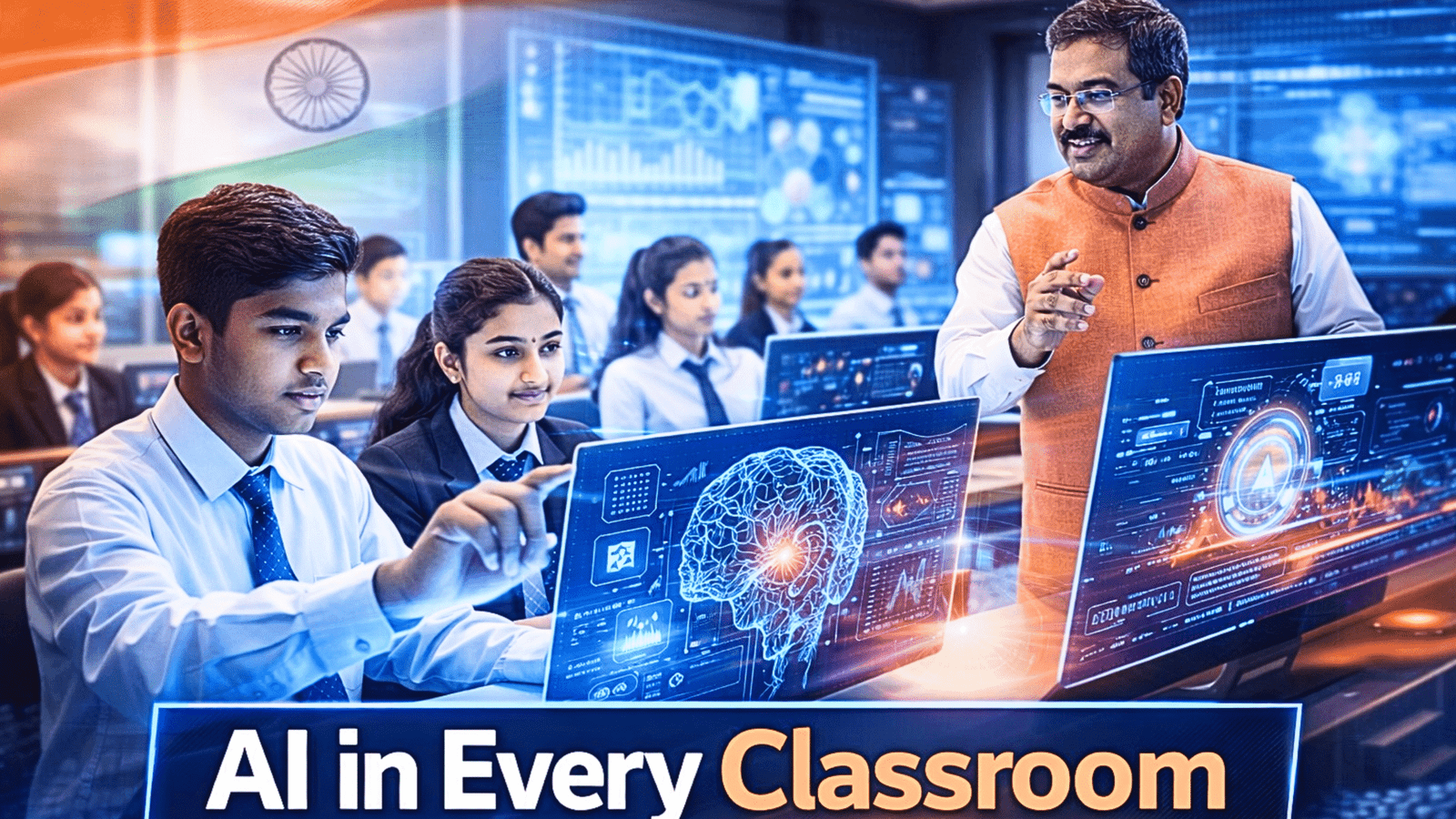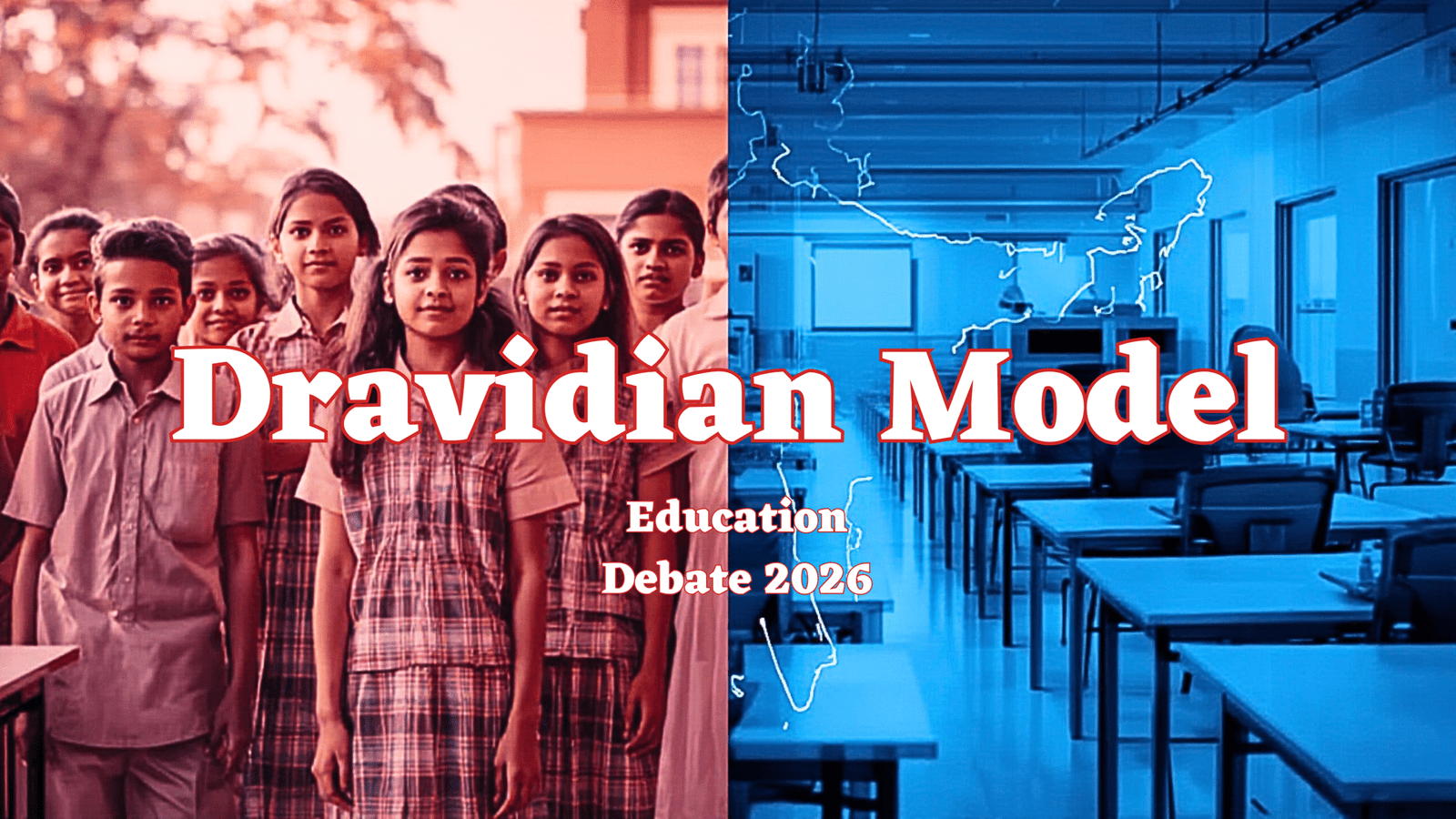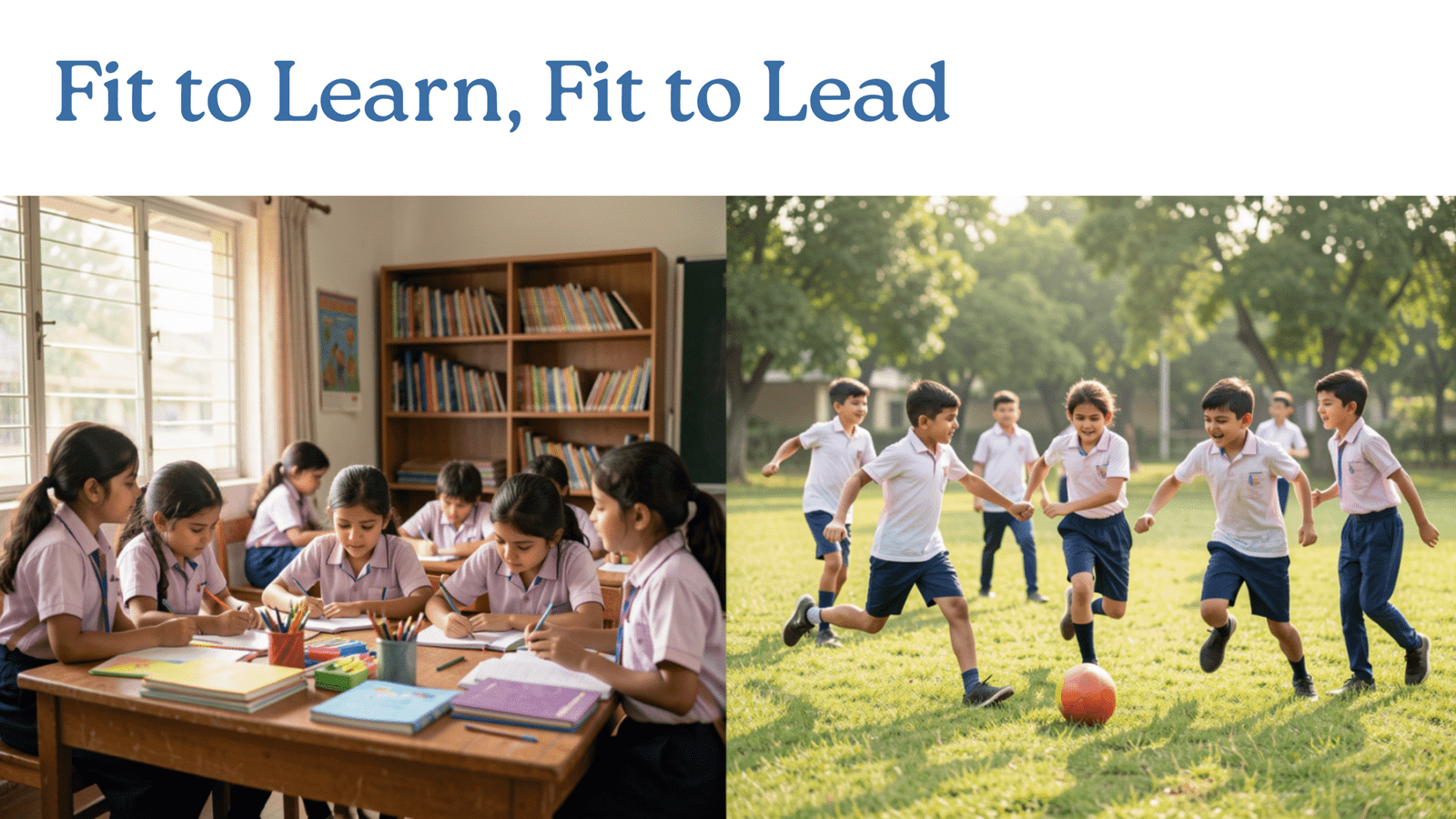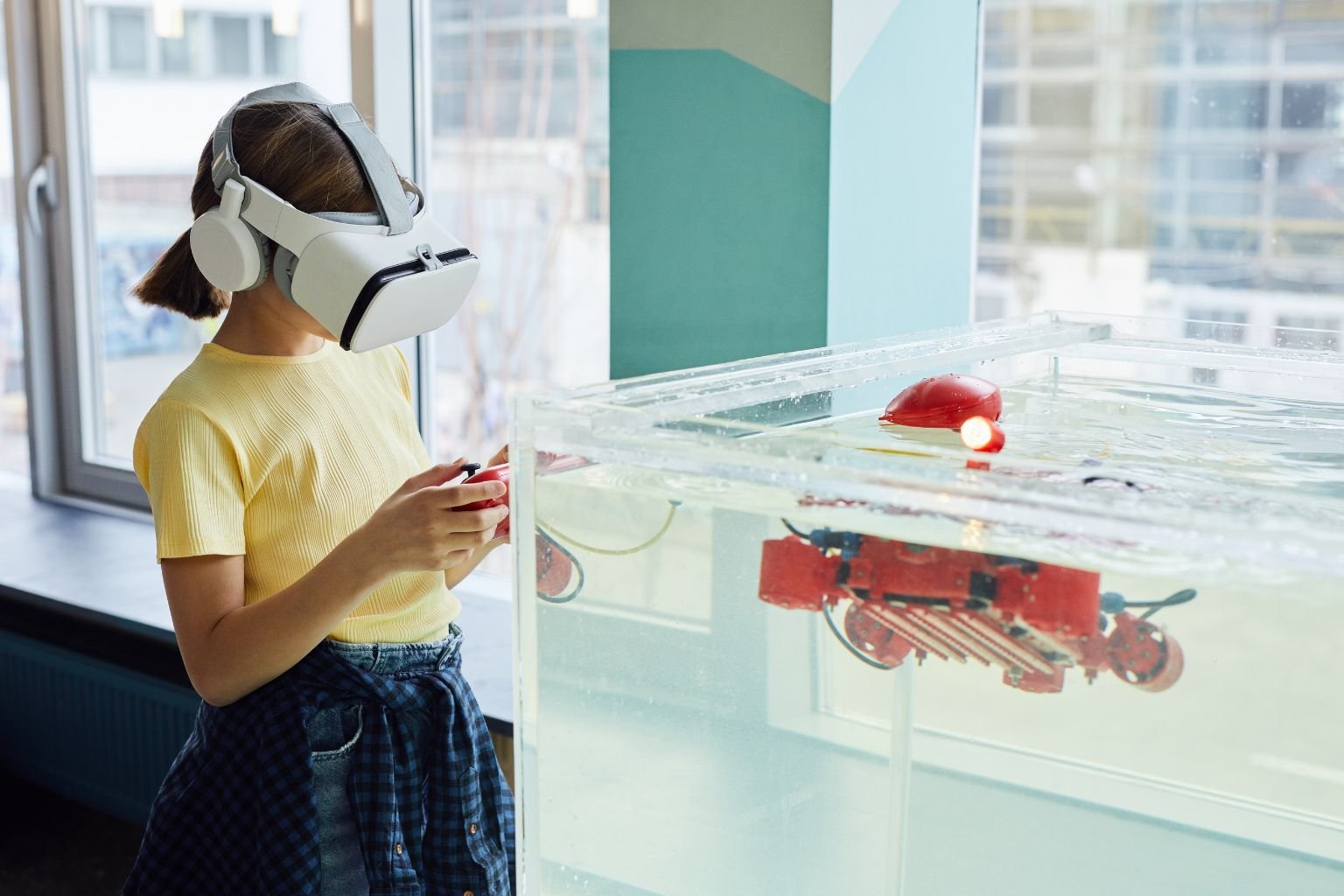New Delhi, September 2025 — The blackboard-and-chalk era is making way for AI-powered classrooms, signaling a historic transformation in global education. Artificial Intelligence (AI) is not just a buzzword anymore; it is becoming the backbone of how students learn, how teachers teach, and how institutions operate.

🔹 Personalized Learning at Scale
AI-driven platforms are enabling customized lesson plans tailored to each student’s pace and style of learning. Adaptive tools can analyze student performance in real-time, providing instant feedback and suggesting remedial content. This means a rural student in India can now access the same personalized learning experience as someone in Silicon Valley.
🔹 Teachers as Mentors, Not Just Instructors
Rather than replacing teachers, AI is freeing them from routine grading and administrative tasks. This shift allows educators to focus more on mentorship, creativity, and problem-solving—skills machines cannot replicate. AI-assisted analytics also help teachers spot learning gaps early.
🔹 Smart Classrooms & Virtual Reality
From AI tutors answering student queries round-the-clock to VR-powered labs offering immersive science experiments, technology is expanding the boundaries of traditional classrooms. Hybrid learning models—part physical, part virtual—are now becoming mainstream.
🔹 Data-Driven Institutions
Schools and universities are adopting AI for predictive analytics—whether it’s identifying dropout risks, improving curriculum design, or enhancing administrative efficiency. This is reshaping higher education planning and making institutions more accountable.
🔹 Global Opportunities for Students
AI is helping Indian students connect with global opportunities. Platforms powered by machine learning are recommending scholarships, online degrees, and skill certifications tailored to career aspirations. This democratizes access and levels the playing field for talent worldwide.
🔹 The Challenges Ahead
While AI brings immense promise, experts warn of challenges such as:
- Digital divide between urban and rural learners.
- Data privacy concerns in student analytics.
- Risk of over-dependence on machines.
Balancing technology with human empathy in education will be the key to success.
✨ Final Word
The future of education is AI-augmented, human-centered, and borderless. Classrooms will no longer be confined by walls but will evolve into dynamic ecosystems where learning is continuous, personalized, and globally connected.









